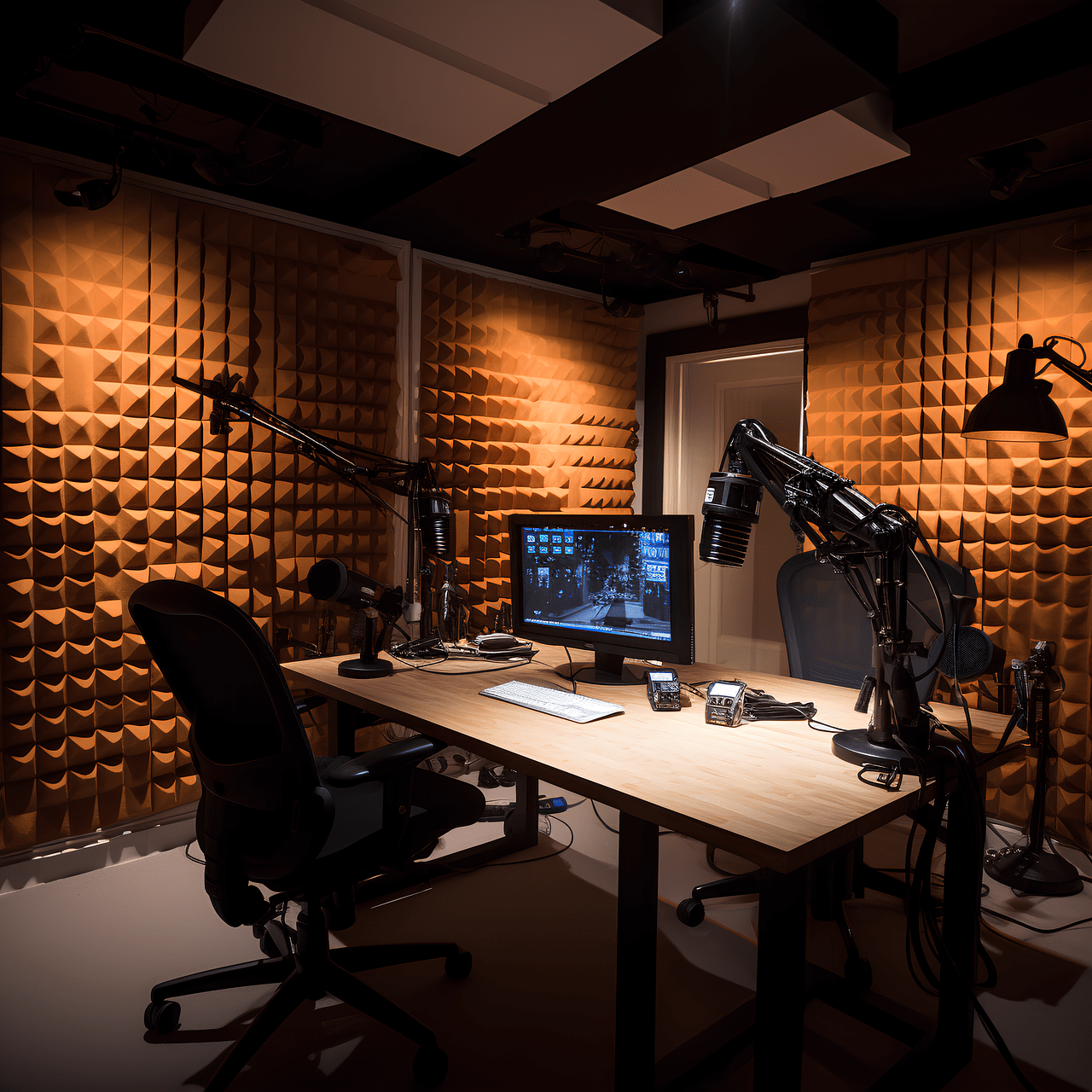When people think about customizing their home, they often think about decor. Some add furniture and drapes to give their rooms a personal touch, while others repaint walls, add or remove wallpaper, or install new flooring.
You may not think about soundproofing your home when you consider ways to improve your house, but it’s something you should consider. As Keyrenter Richmond explains, soundproofing involves adding materials that absorb sound, preventing external noises from penetrating indoor spaces, and keeping people outside from hearing noises inside soundproofed rooms or buildings. Let’s look at some reasons you should soundproof your home.
1. You’ll protect your health
Noise pollution causes significant health issues such as heart disease. Without soundproofing, you may struggle to sleep at night if you live on a busy street. Prolonged exposure to loud noises can also cause hearing loss. Many homeowners live on busy streets or have noisy neighbors, undermining their ability to enjoy their leisure time at home. Soundproofing blocks out excess noise, enabling you to relax and tune out disruptions from your neighborhood.
2. Soundproofing eliminates drafts
Installing replacement windows is part of a comprehensive soundproofing strategy. Air and noise can penetrate older single-pane windows, but installing double- and triple-pane windows prevents unwanted airflow and noise from entering your home. The window replacement experts with All Weather Seal can outline your options when you’re ready to install new windows. Your options include bay windows, casement windows, energy-efficient windows, and several other window designs, ensuring you’ll find the perfect windows for each room in your home.
Installing insulated vinyl siding can also block out noise. When siding installation experts install new vinyl siding, you’ll reduce sound transfer, improve your home’s curb appeal, and reduce your utility bills.
3. You can create soundproofed rooms you can use late at night
Soundproofing isn’t just about blocking out external noises. Some family members may have different schedules, and reducing sound transfer enables everyone to enjoy activities without disrupting others. For example, most nurses work varying shifts and could leave for work late at night or return after family members are asleep. Having soundproofed rooms enables these family members to watch TV and relax without waking others.
You can soundproof a room by adding soundproof tiles to the walls. Soundproof panels made from PET felt boards look like wool and are an affordable way to reduce unwanted noise. You can also use these panels to customize rooms because you can install tiles of various shapes, including squares, triangles, and diamonds. The tiles come in several colors, such as raspberry, sky blue, fresh lime, and sage. They’re easy to install and clean, making this an ideal way to ensure noise reduction from a gaming or recreation room.
4. You can prevent infants from waking other family members
Infants and toddlers cry when they need something, and it’s common for young children to wake up during the night. Taking steps to reduce sound transfer from your nursery or your toddler’s bedroom enables other family members to sleep through the night. Since most parents rely on baby monitors, the parent who’s on call for midnight feedings and emergencies will still hear the child, but they won’t have to worry about their youngster waking up school-age children or other adults in the house.
5. You’ll extend your HVAC system’s life
Your home’s heating, ventilation, and air conditioning (HVAC) system regulates the temperature and quality of the air inside your home. When you eliminate airborne noise and drafts by installing new windows and siding, your HVAC system won’t have to run as often. Your HVAC system should last longer if it doesn’t run frequently, provided you have certified HVAC technicians perform biannual maintenance and change your air filter regularly. Saving money on HVAC system replacements enables you to recoup some soundproofing costs.
Soundproofing involves Installing replacement windows, insulated vinyl siding, and soundproof panels. These improvements limit noise transfers, increasing your enjoyment of your home.

